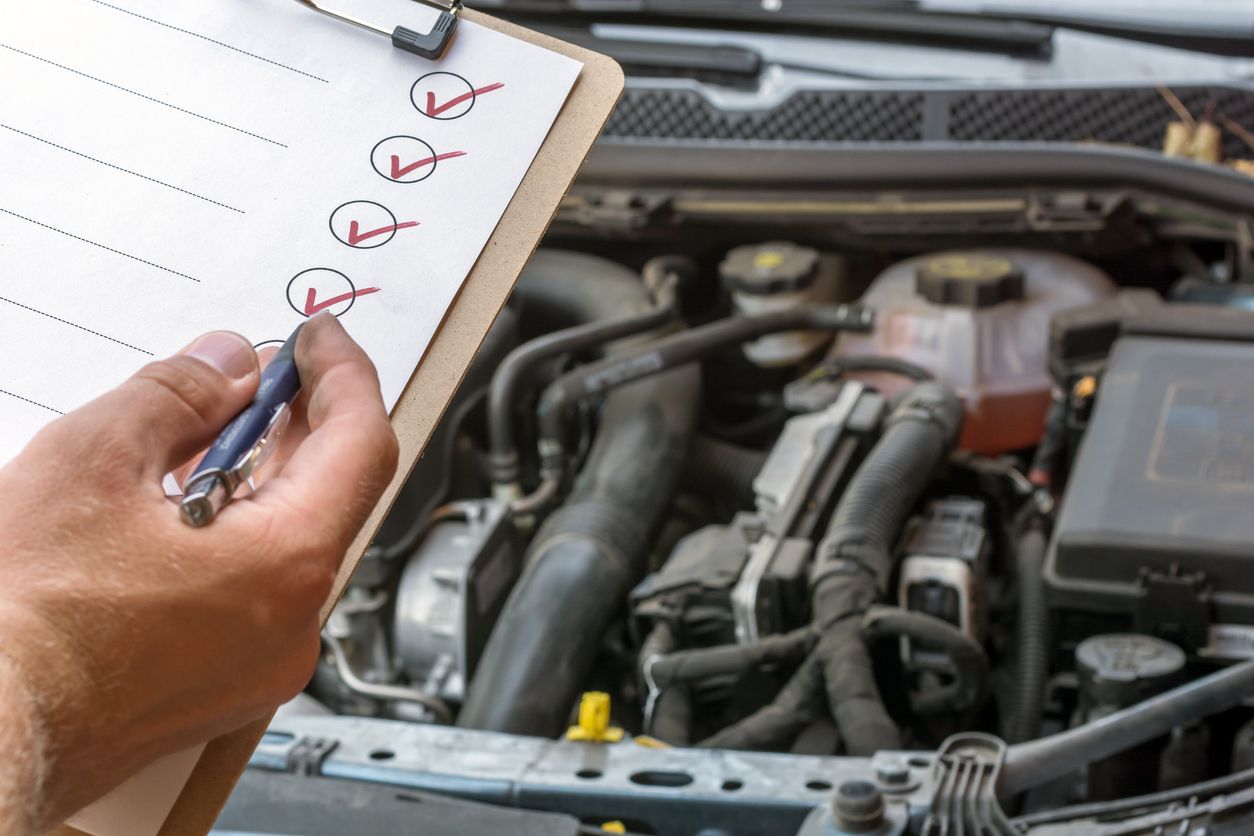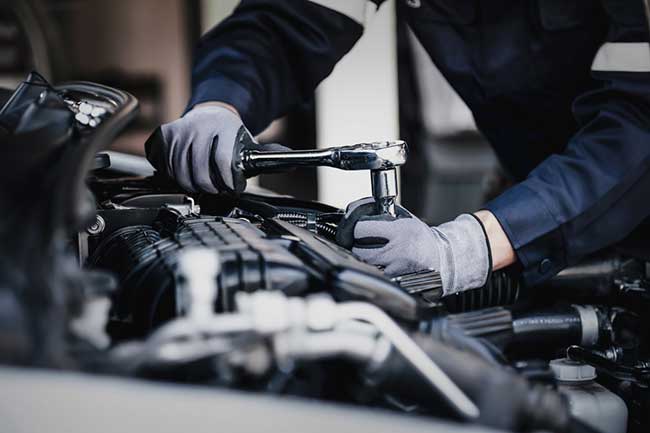All Categories
Featured
Regular tire rotations are a vital yet frequently ignored aspect of car upkeep. This basic procedure, which involves transforming the placement of your tires, helps maintain even use throughout all four tires, inevitably improving your vehicle's efficiency and durability. Let's check out the significance of tire turnings and the concrete benefits they offer.
What Is a Tire Rotation?
![]()
Tire rotation involves moving the tires to different settings on your automobile. The front tires might be swapped with the back ones, or they may be gone across from one side of the vehicle to the other. The rotation pattern depends upon aspects like your vehicle's drivetrain (front-wheel drive, rear-wheel drive, or four-wheel drive) and the kind of tires you utilize.
Why Are Routine Tire Turnings Essential?
Tire rotations ensure that all tires wear down uniformly. Due to the fact that various tires experience varying degrees of anxiety based on their placement, unequal tire wear occurs naturally. :
Front tires on front-wheel-drive cars take care of even more jobs like steering, braking, and velocity, creating them to wear much faster.
Back tires on rear-wheel-drive automobiles birth similar worries, resulting in uneven wear patterns if left unchecked.
![]()
Without routine rotations, some tires might break too soon, demanding replacement quicker than anticipated.
Benefits of Normal Tire Turnings
Improved Performance and Handling. Even tire wear aids preserve balanced traction across all four tires. This equilibrium is vital for ideal vehicle handling, specifically in difficult driving problems such as rain or snow.
Extended Tire Life-span. Regular rotations distribute wear even more evenly, decreasing the demand for frequent substitutes and conserving you cash in the future.
![]()
Improved Gas Efficiency. Erratically used tires can increase rolling resistance, requiring your engine to work more difficult and take in more fuel. Appropriately turned tires ensure smoother adventures and far better gas economic climate.
Safety and security. Worn tires concession grip and braking performance, increasing the threat of accidents. Turning your tires routinely preserves regular tread depth and makes certain a more secure driving experience.
How Typically Should You Rotate Your Tires?
The majority of specialists advise rotating your tires every 5,000 to 7,500 miles, but this can differ based upon your automobile's maker guidelines. It's an excellent method to combine tire turnings with regular services like oil changes for ease.
Indicators You Need a Tire Rotation
Uneven step endure your tires.
Noticeable resonance while driving.
Trouble handling the vehicle on slippery or wet roads.
Last Thoughts
Normal tire rotations are a straightforward yet impactful maintenance task that improves lorry performance, boosts safety and security, and conserves you cash. By dedicating to this method, you'll delight in a smoother driving experience and a much longer life-span for your tires. Consult your car's guidebook or a relied on auto mechanic to guarantee you're following the ideal turning routine and pattern for your cars and truck.
What Is a Tire Rotation?

Tire rotation involves moving the tires to different settings on your automobile. The front tires might be swapped with the back ones, or they may be gone across from one side of the vehicle to the other. The rotation pattern depends upon aspects like your vehicle's drivetrain (front-wheel drive, rear-wheel drive, or four-wheel drive) and the kind of tires you utilize.
Why Are Routine Tire Turnings Essential?
Tire rotations ensure that all tires wear down uniformly. Due to the fact that various tires experience varying degrees of anxiety based on their placement, unequal tire wear occurs naturally. :
Front tires on front-wheel-drive cars take care of even more jobs like steering, braking, and velocity, creating them to wear much faster.
Back tires on rear-wheel-drive automobiles birth similar worries, resulting in uneven wear patterns if left unchecked.

Without routine rotations, some tires might break too soon, demanding replacement quicker than anticipated.
Benefits of Normal Tire Turnings
Improved Performance and Handling. Even tire wear aids preserve balanced traction across all four tires. This equilibrium is vital for ideal vehicle handling, specifically in difficult driving problems such as rain or snow.
Extended Tire Life-span. Regular rotations distribute wear even more evenly, decreasing the demand for frequent substitutes and conserving you cash in the future.

Improved Gas Efficiency. Erratically used tires can increase rolling resistance, requiring your engine to work more difficult and take in more fuel. Appropriately turned tires ensure smoother adventures and far better gas economic climate.
Safety and security. Worn tires concession grip and braking performance, increasing the threat of accidents. Turning your tires routinely preserves regular tread depth and makes certain a more secure driving experience.
How Typically Should You Rotate Your Tires?
The majority of specialists advise rotating your tires every 5,000 to 7,500 miles, but this can differ based upon your automobile's maker guidelines. It's an excellent method to combine tire turnings with regular services like oil changes for ease.
Indicators You Need a Tire Rotation
Uneven step endure your tires.
Noticeable resonance while driving.
Trouble handling the vehicle on slippery or wet roads.
Last Thoughts
Normal tire rotations are a straightforward yet impactful maintenance task that improves lorry performance, boosts safety and security, and conserves you cash. By dedicating to this method, you'll delight in a smoother driving experience and a much longer life-span for your tires. Consult your car's guidebook or a relied on auto mechanic to guarantee you're following the ideal turning routine and pattern for your cars and truck.
Latest Posts
Experience the Style of Wood Flooring with Carpet Interiors Floor & Home
Published Apr 19, 25
1 min read
Floor Covering Professionals That Treat You Like Household
Published Apr 19, 25
1 min read
Montclare Auto Repair: The Trusted Choice for Expert Brake & Engine Fixes
Published Apr 19, 25
2 min read
More
Latest Posts
Experience the Style of Wood Flooring with Carpet Interiors Floor & Home
Published Apr 19, 25
1 min read
Floor Covering Professionals That Treat You Like Household
Published Apr 19, 25
1 min read
Montclare Auto Repair: The Trusted Choice for Expert Brake & Engine Fixes
Published Apr 19, 25
2 min read